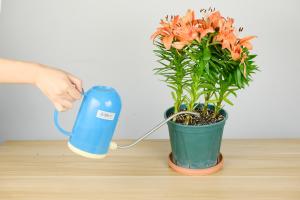Hupilan scalded the "wave roll"
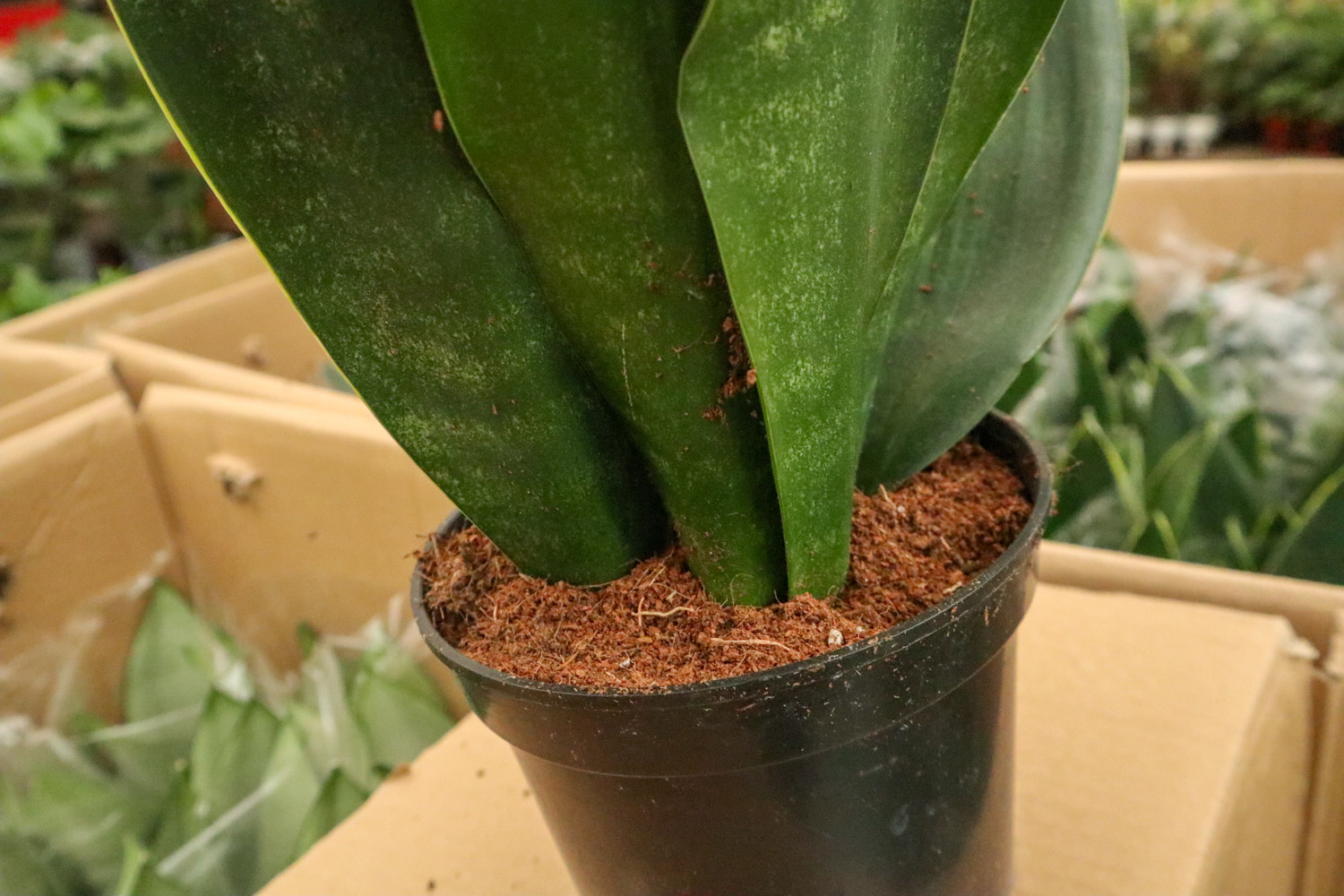
Reason 1: improper watering
Although hupilan is drought tolerant, it can't be watered for a long time. If the leaves don't get enough water, they will become soft and curl
Solution:
Pay attention to the watering time. The basic principle is that the soil should be watered thoroughly when it is dry. You can dig 3 ~ 5cm and observe it. If it is dry, it should be watered. The current season is generally watered once a week
Reason 2: the light is too strong
Hupilan is more shade tolerant and does not need too strong light, otherwise it is easy to cause the leaves to wilt and curl
Solution:
When the temperature is high and the light is strong, you can't put hupilan on nanyangtai, but in the place where there is scattered light in the living room
Reason 3: soil hardening and insufficient nutrition
If the soil for raising hupilan is not loose and breathable enough, it is easy to cause soil hardening, affect the ability of root system to absorb nutrition, and lead to leaf curling
Solution:
The soil can be configured with rotten leaf soil and river sand in the ratio of 1:1, and some ceramsites or tiles on the bottom of the basin can increase the water permeability. At ordinary times, the flowers are watered with rotten rice washing water to ensure adequate nutrition supply
Rose leaves "shrink" into a ball
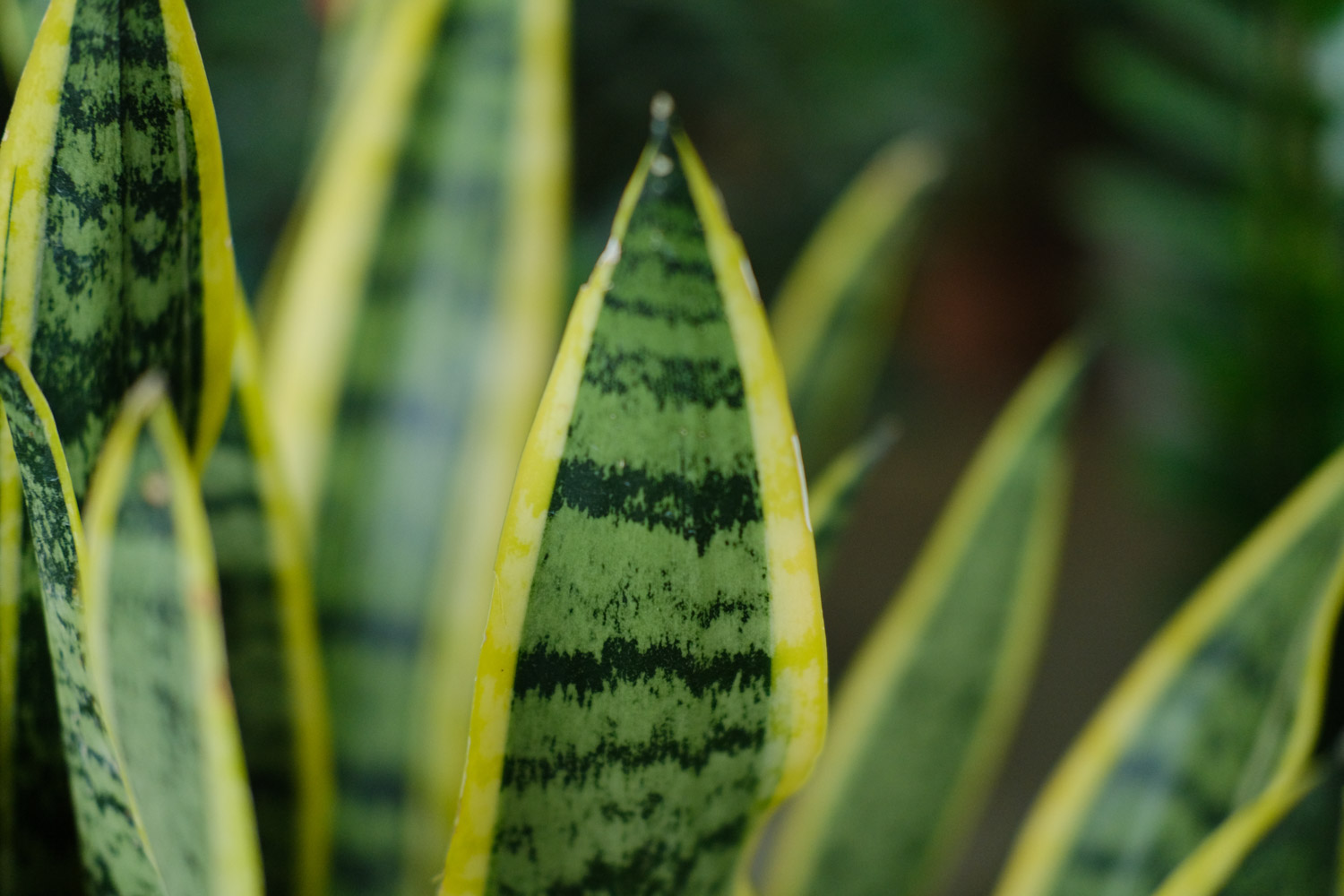
Reason 1: the light is too strong
Rose likes Yang, but if the external temperature is too high and the light is too strong, it will accelerate the evaporation of water in the leaves, resulting in its wilting and curling
Solution:
When the light is too strong, pay attention to shade the rose and reduce the evaporation of water, so as to maintain the vitality of the leaves
Reason 2: malnutrition
Rose flowers and long leaves need sufficient nutrients. If the nutrition in the soil is insufficient, the new leaves may curl
Solution:
Two compound fertilizers can be buried in the pot soil of rose every month to ensure the fertility of the soil. Some solution of potassium dihydrogen phosphate with a concentration of 0.1% can be applied before flowering to promote germination
Reason 3: the impact of diseases and pests
Recently, some flower friends reported that there are aphids in roses at home. Aphids are one of the main diseases and pests of roses. Once infected, they are easy to cause the curling of rose leaves
Solution:
Chop the garlic at home into mashed garlic, add water and mix evenly, then filter out the garlic water, dilute it 20 times, and then spray it on the rose with a watering can for a week~
The leaves of the happiness tree are wrinkled
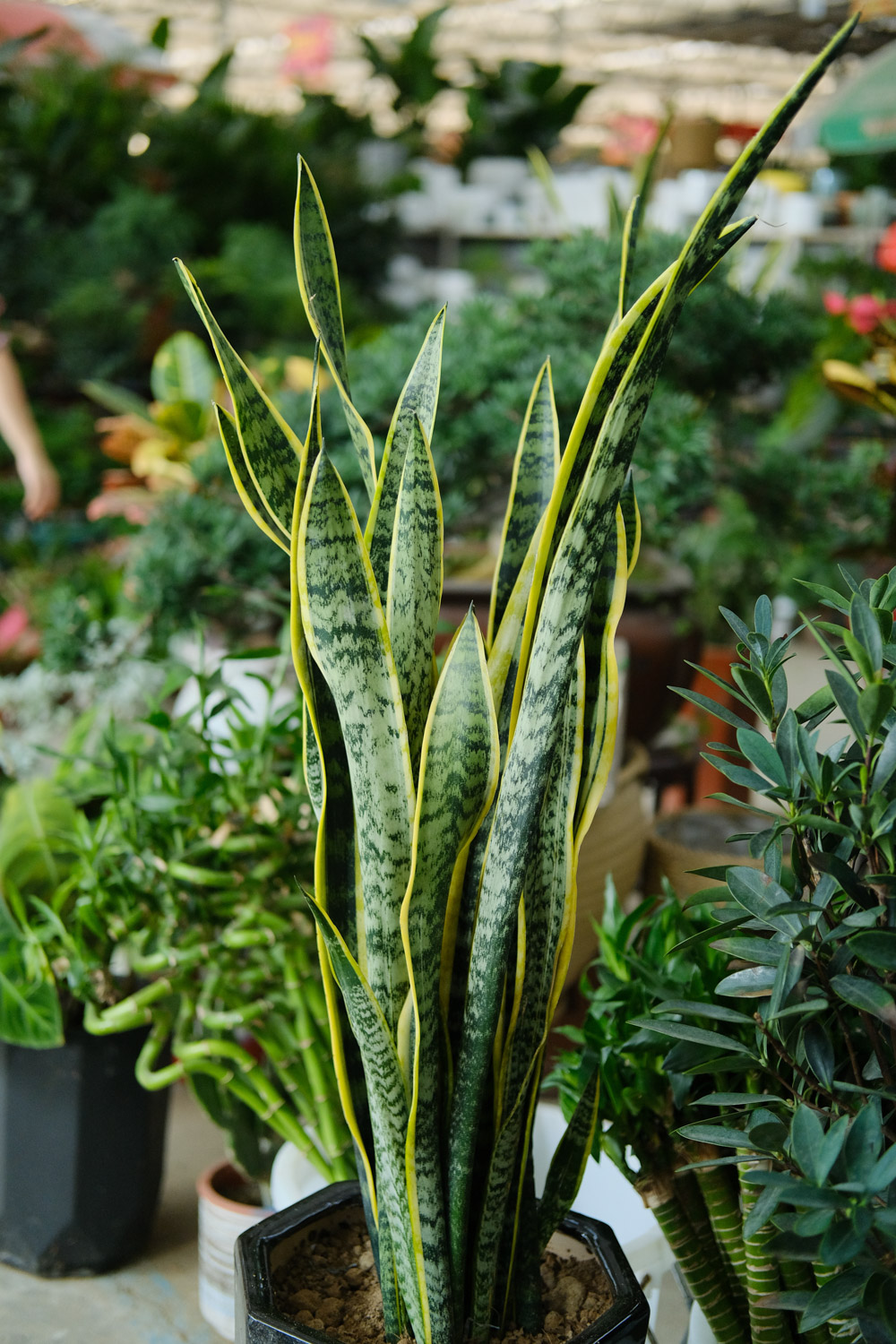
Reason 1: sudden change of environment and lack of air circulation
At the beginning, the happy tree will not be familiar with the new environment, and leaf curling may occur. In addition, the position where it is placed is not ventilated and the air humidity is not enough, which will also affect the state of the leaves
Solution:
Give sufficient light, put it in a ventilated place, and often spray water around the happiness tree to maintain the humidity of the air
Reason 2: improper watering
Insufficient watering, leaves can not absorb enough water, easy to curl and shrink; If you water too much, the happy tree is prone to waterlogging, and its leaves will droop and bend
Solution:
Generally, the happiness tree can be watered once a week. It's better to let it dry than waterlogging. When it's dry, it can be restored by watering again. If it's waterlogged, it's easy to rot its roots and difficult to save
Reason 3: insufficient nutrition
It may be that the flowerpot is not large enough, the root system is too strong, and the soil fertility is not enough; It may also be that the soil itself is not fertile enough
Solution:
Rotten leaf soil and river sand can be selected as the soil, mixed and prepared in the proportion of 1:1, and replaced with a larger basin to ensure that the root system can have enough extension space
What Chlorophytum does is "ion perm"
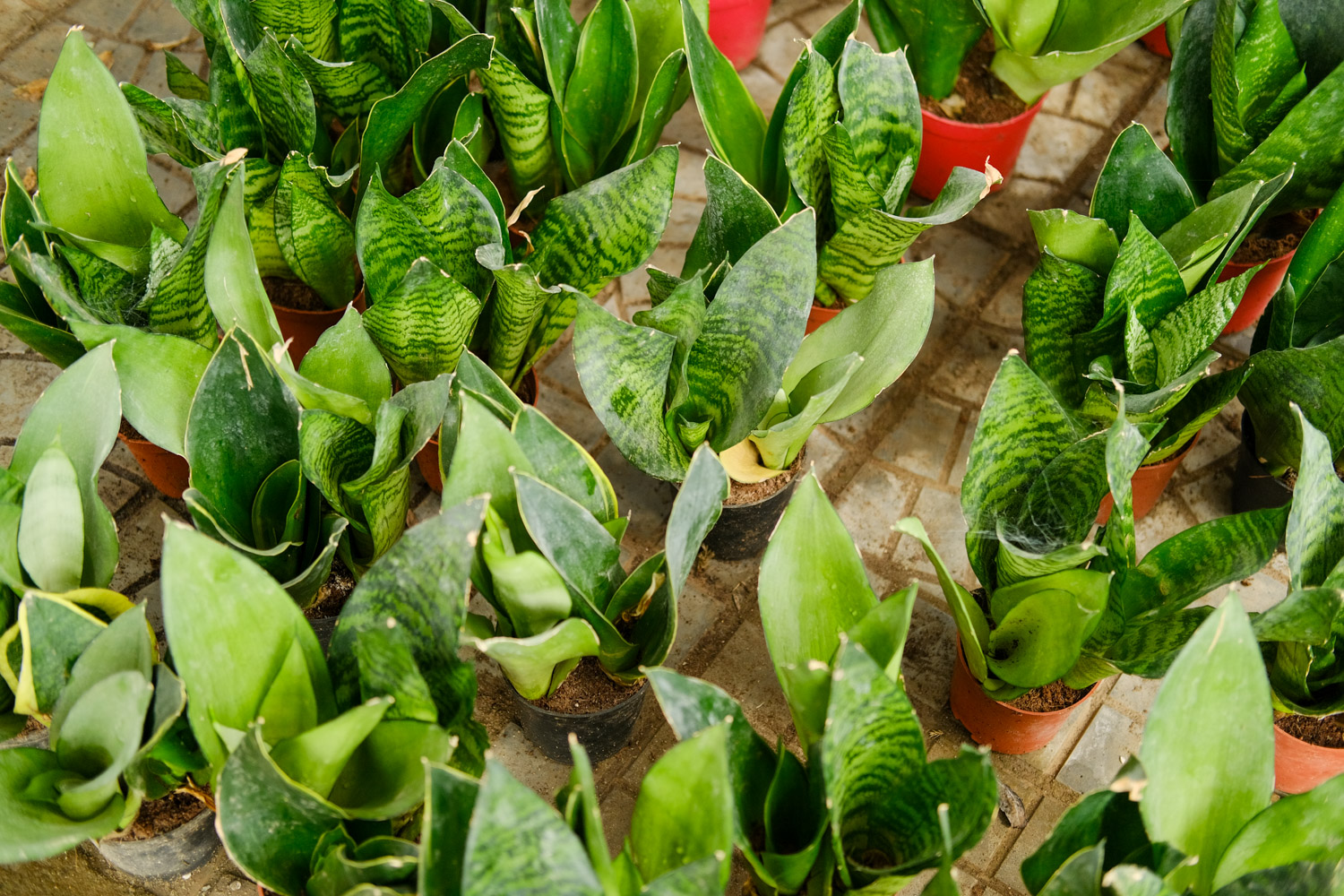
Reason 1: root damage
When transplanting, if the root is damaged, it will affect the ability of Chlorophytum to absorb nutrition and water. Insufficient nutrition and water will lead to the curl of falling orchid leaves
Solution:
When transplanting, be careful not to damage the root. If there is damage, dry it first, apply carbendazim, and then replant it
Reason 2: the light is too strong
Chlorophytum is shade resistant and does not need too much light. If the light is too strong, it will accelerate the evaporation of leaf water and curl
Solution:
Generally, we put the Chlorophytum in the bedroom or living room, which can receive the scattered light
Reason 3: insufficient placement space
The growth of Chlorophytum needs a sufficient extension space. If there are shelters around, such as leaning against the wall, it is not only easy to curl, but also directly break the leaves
Solution:
Put the Chlorophytum in a place with space around, or you can hang it directly
Can't you make a fortune when the fortune tree is rolled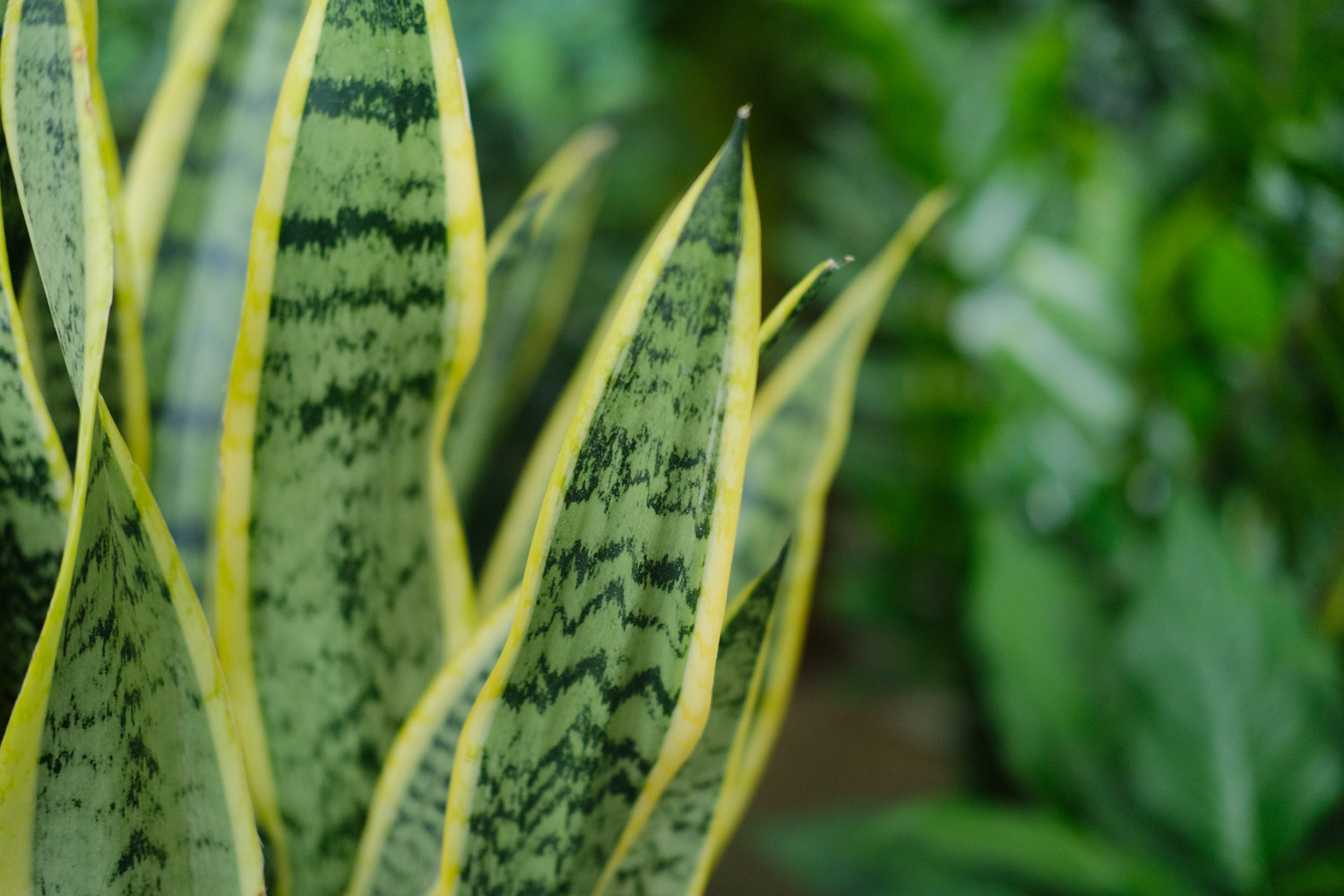

Reason 1: improper fertilization
Some flower friends in order to make the rich tree grow green and luxuriant, excessive fertilization will cause the newly grown leaves to curl
Solution:
Pour a lot of water into the basin soil of fortune tree, and pour it several times a day, so that too much fertilizer flows out of the drainage hole with the water. Then put the flowers in a well ventilated place, and then take off the curled leaves
Reason 2: infection with diseases and pests
Similar to the rose, if the rich tree is infected with diseases and pests, its leaves will curl
Solution:
Quickly turn over the leaves to observe whether there are insects or disease spots. Once found, cut them off immediately, and then spray carbendazim for sterilization
Reason 3: improper placement and uneven light reception
If the rich tree has light on one side and no light on the other, it is easy to cause the leaves on the side without light to curl
Solution:
Fortune tree is more shade resistant. It can be placed in the living room where there is scattered light. Turn the flowerpot regularly so that the leaves can receive uniform light and grow flat and green
That's all about curly leaf flower today
Flower friends have other problems with their flowers
Welcome to leave a message below
Huahua will give you the answer

 how many times do yo...
how many times do yo... how many planted tre...
how many planted tre... how many pine trees ...
how many pine trees ... how many pecan trees...
how many pecan trees... how many plants comp...
how many plants comp... how many plants can ...
how many plants can ... how many plants and ...
how many plants and ... how many pepper plan...
how many pepper plan...
